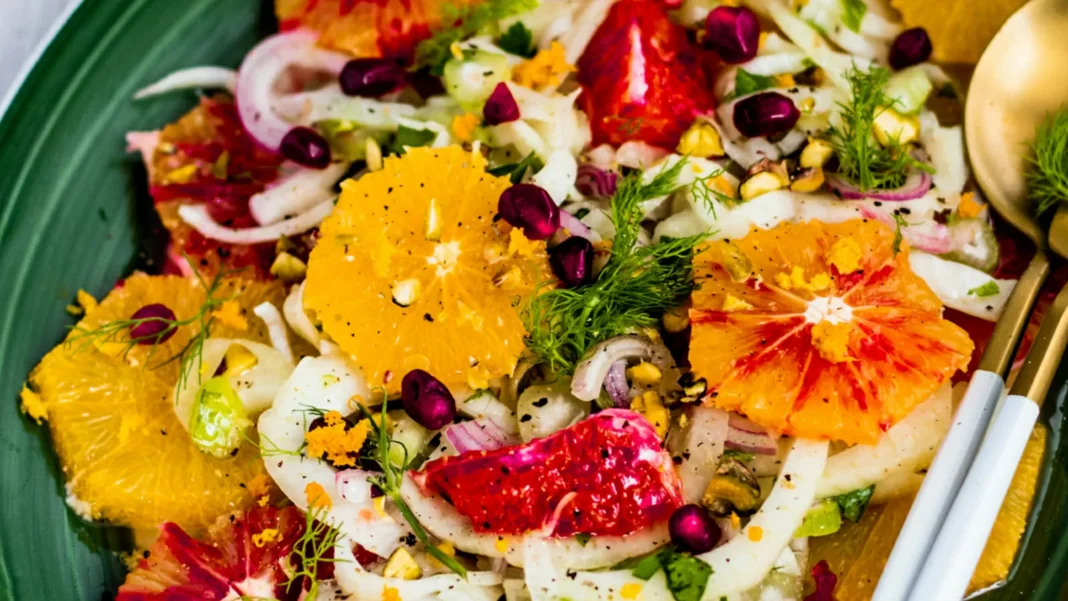Veganuary: A Month of Health and Sustainability
Every year, January marks the beginning of a new year filled with resolutions, changes, and commitments. One such commitment has been gaining popularity in recent years – Veganuary. This month-long challenge encourages individuals to follow a strictly vegan lifestyle, abstaining from all animal products, including meat, dairy, and eggs.
According to YouGov, an impressive 3% of the UK population participated in Veganuary in 2023, and that number is expected to rise even more this year. But it’s not just about going vegan, some people may choose to try a vegetarian lifestyle or incorporate meat-free Mondays into their routine. And whichever path you choose, it’s important to note that all diets can be beneficial for us if they are well-balanced.
The British Nutrition Foundation states that “Vegetarian diets are generally higher in fruit, vegetables, whole grains, and fibre and lower in saturated fat and sugar” compared to diets that include meat. And now, a new study from gut health company ZOE has aimed to find out which diet is the most beneficial for our microbiome, the collection of microorganisms living in our gut.
It’s essential to note that dietary studies are usually observational, meaning that researchers do not intervene and change a person’s diet. This study is no exception. As a result, researchers can only find associations and establish links, not prove causation. However, the results of this study are still worth considering.
One factor that may contribute to the health benefits of vegetarianism is that vegetarians tend to be more physically active, drink less alcohol, and are less likely to smoke. But ZOE’s study, published in the journal Nature, found that omnivore, vegan, and vegetarian diets were each associated with their own unique gut bacteria profiles.
Vegan diets were found to have more beneficial gut bacteria, while red meat eaters showed higher levels of bacteria linked to inflammation, poorer cardiometabolic health, and species associated with an increased risk of colon cancer and inflammatory bowel disease. Vegetarians, on the other hand, did not have as many harmful bacteria as those who consumed red meat, but dairy still had an impact on the gut.
After analyzing data from over 21,000 participants, the study found that people with vegan diets, on average, consumed more plants, which contributed to a healthier gut microbiome. “This study underscores how important diet is in shaping the gut microbiome and our overall health,” said Professor Tim Spector, co-founder of ZOE, in a press release.
The study also found that certain foods may have their own unique impact on the gut microbiome, and the more plants you eat, the better. This means that even if you are not following a strictly plant-based diet, incorporating more fruits and vegetables into your diet can still benefit your gut health.
The study’s press release reads, “[the paper] indicates the possibility that individuals following mixed diets (omnivores) could share gut microbial signatures with plant-based eaters, particularly if they incorporate similar amounts of plant-based foods into their diets.” However, the results also showed that mixed-diet individuals tend to consume significantly fewer healthy plant-based foods than vegetarians or vegans, potentially limiting the microbiome benefits seen in those groups.
In other words, no matter what your diet is, incorporating more plants into your meals can have a positive impact on your gut health. So whether you are a committed vegan or just trying to make small changes to your diet, adding more fruits and vegetables can benefit your overall health.
The benefits of a plant-based diet go beyond just gut health. A well-planned vegan or vegetarian diet can provide all the essential nutrients our bodies need. It is also more sustainable, with studies showing that a plant-based diet has a lower environmental impact.
But if you are a meat-lover, do not worry. This study does not mean that your gut is doomed if you eat meat. It simply suggests that certain foods may have their own unique impact on the gut microbiome. So even if you are not ready to give up meat entirely, try to incorporate more plant-based foods into your meals and reap the benefits.
In conclusion, Veganuary is not just a short-term challenge; it’s a lifestyle that promotes health and sustainability. Whether you decide to go vegan, vegetarian, or just add more plants to your meals, remember that all diets can be good for us if they



